Many employees with anxiety or depression question whether or not they should tell their manager. Most of us spend on average a third of our adult life at work. Openly discussing mental health in the workplace should be seen as a good thing as it encourages people to get the support they need earlier.
Research from the UK has found that only 35 per cent of employees feel comfortable telling employers about their mental health. Thirty three per cent worry about damage to their career progression and 23 per cent are concerned that their manager would think less of them.
“A supportive workplace can play a big role in recovery by providing security, social connection, and a sense of purpose. Having a supportive manager has been shown to be the most crucial factor in remaining at work with a mental health condition.” – Beyond Blue
There’s no right or wrong answer when it comes to telling people at work about your mental health condition – everyone’s circumstances are different. As with many big decisions you’ll face in life, this one comes with pros and cons.
What does the law say about it?
There’s no law that suggests you must tell your employer if you have a mental condition – unless there’s a risk to yourself or your colleagues. If you do decide to tell your employer, they have a legal responsibility to maintain your privacy, protect you from discrimination and make changes in the workplace to support you.
So, before you make your decision, here some questions to ask yourself;
- Is your mental health condition affecting your ability to perform your role safely?
- Is your mental health condition affecting your performance and long-term career goals?
- Is the stress of hiding your mental health condition further affecting your wellbeing?
- Does your employer have an organisation-wide mental health strategy?
- How supportive is the person you are disclosing to likely to be?
- What type of culture does your company have? Can you adjust your schedule to suit you without having to disclose?
- Do you already have good support networks outside of work?
- Do you know of anyone else in the workplace who has disclosed a mental health condition, and can they give you advice?
If you’re still unsure about your decision, Beyond Blue’s interactive tool can also help you decide on having the conversation. If you do decide to disclose, choosing how to is important. Beyond Blue has also developed a conversations planner to help you think about what you’re going to say.
———-
Originally published by Beyond Blue – Click here to access original article
The post Should you tell your manager you have a mental health condition? first appeared on Capstone.
RECENT POSTS



CATEGORIES
LEAVE A REPLY
Your email address will not be published. Required fields are marked *





